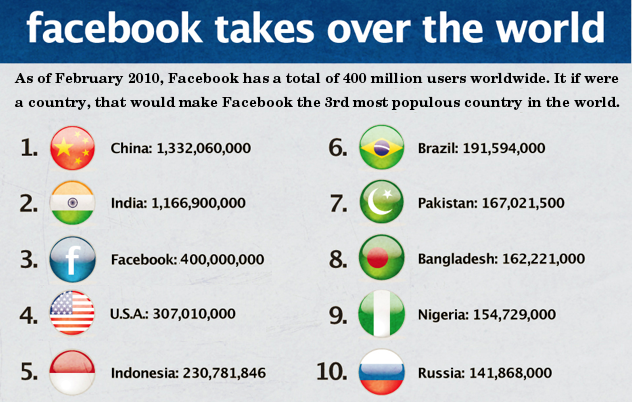The internet; it has spawned societies entirely encased in digital form, brought down governments (read my last post), forged international relationships, created cultures, all on it's own.
But all this could be thrown to an abrupt stop if we, the internet users are not careful. I believe that a free and democratic society depends upon the free exchange of ideas and information. Without that we are limited by whatever ruling power controls the flow and distribution of information.
 |
| Thanks to New World Order War |
The ITUwas founded in 1865 and became a part of the United Nations in 1947. It's main goal has been to regulate and develop international communications world wide. It has proved many great communication resources to third world and developing nations and has done some excellent things to further the progress of international communication networks.
But the problem is that it is not a democratic community. Only certain countries in the UN have voting power on the ITU and many of those countries have horrible track records with internet freedoms (Russia and China are both voting members).
I'm not sure what can be done to battle this encroaching regulation of internet freedoms, but I recognize the necessity for a free and open exchange of ideas in today's world.
Property of Fight For The Future and AccessNow.org






